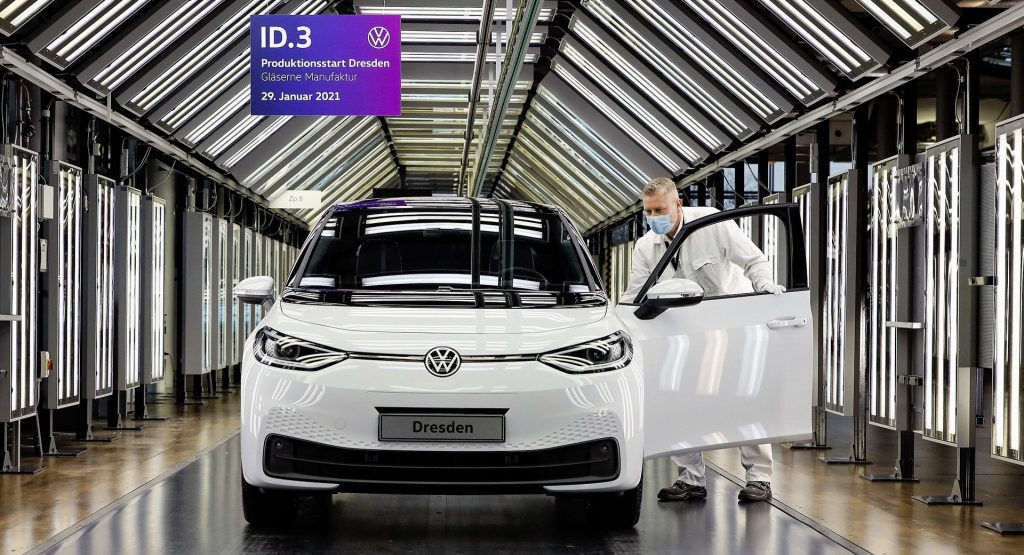The head of Volkswagen Passenger Cars believes manufacturing battery cells in Europe could become unfeasible if energy prices are not controlled.
In a lengthy post shared to LinkedIn, chief executive Thomas Schäfer warned that Germany and the European Union are rapidly losing attractiveness and competitiveness compared to the likes of the U.S., Canada, China, Southeast Asia, and regions across North Africa.
“Europe is not price-competitive in many areas,” Schäfer wrote. “Especially when it comes to the costs of electricity and gas, we are increasingly losing touch. If we do not succeed in reducing energy prices in Germany and Europe quickly and reliably, investments in energy-intensive production or in new battery cell factories in Germany and the EU will be practically impossible. Value creation in this area will take place elsewhere.”
Schäfer used the example of the U.S.’s Inflation Reduction Act, noting that it offers “companies highly attractive incentives for investments in new plants and production.” By comparison, he says “outdated and bureaucratic state air rules are adhered to” across the European Union.
Read: VW Breaks Ground On First Battery Factory In Europe, May Soon Expand To North America
“We have no time to lose,” he added. “The EU urgently needs new instruments to avert creeping de-industrialisation and to keep Europe attractive as a location for future technologies and jobs!”
Volkswagen intends on having six battery factories operational in Europe by 2030 through its battery company PowerCo. The company broke ground on its core factory in Germany in July and has signed a €3 billion ($3.1 billion) joint venture with Umicore for cathode material production. Other battery factories established by VW will include two in Sweden, a third in either France, Spain, or Portugal to open in 2026, and one in either Poland, Slovakia, or the Czech Republic to open in 2027.
The automaker isn’t just making significant factory investments in Europe but will also invest €400 million ($477 million) by 2025 to expand EV charging infrastructure across the continent. It ultimately hopes to build 26 million all-electric vehicles by 2030.





